Moon base Gateway: error NASA or the future of space exploration?
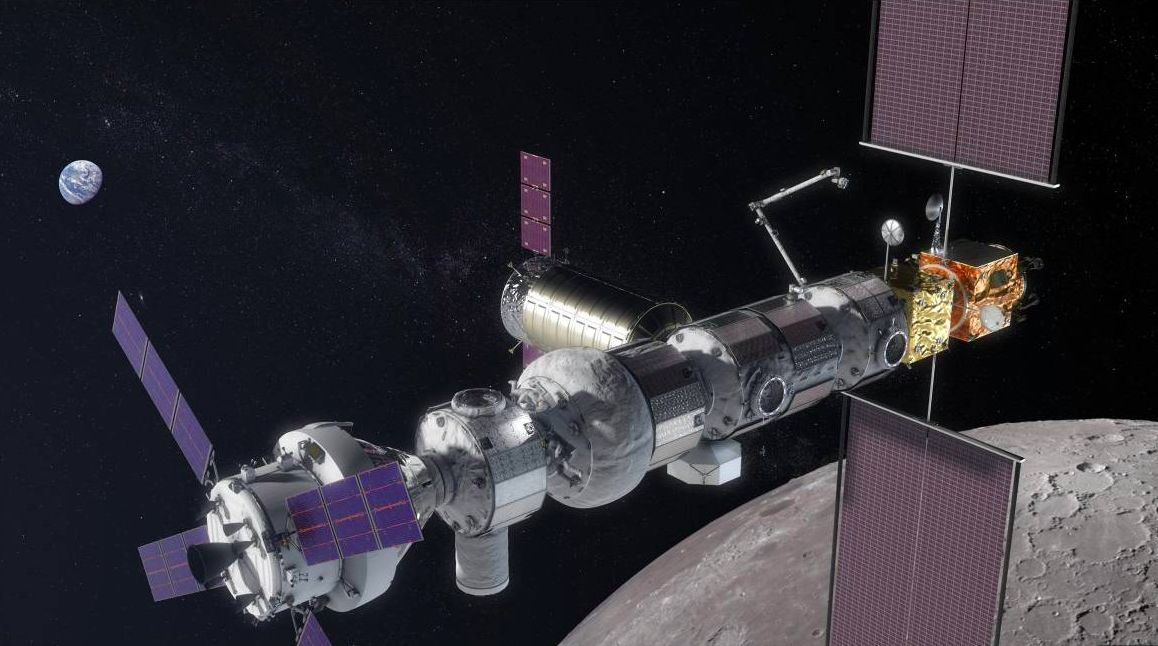 Source:
Source:
Year: 2026. Seasoned astronaut Nicole Mann brings his team of four through the hatch of a space ship "Orion" on a small space station near the moon. Inside it smells like the cabin of a new car. Outside beautiful view. Over the station hangs a Crescent moon, reflecting sunlight silver, quiet, luminous. Deeper into space to discern the other half of the sphere. Somewhere in the distance glowing green disks of the Earth and the Sun. The cradle of humanity and its future among the stars.
49-year-old Mann with the call sign "the Duchess" begins a series of pings. A delay of two seconds predicts the response of the mission control center, and then applause and congratulations. For decades after Apollo, people were sandwiched low-earth orbit. No more. After the team Mann will spend a couple of weeks, resulting in the order of the new "Gateway" on the orbit of the moon, NASA will once again be able to plan missions in deep space. Hence people can go down to the surface of the moon, and finish preparations for missions to Mars.
theWhy NASA base on the orbit of the moon?
Here's a scenario to represent the Congress, White house and American society, thinking over the lunar space station, which NASA wants to build in 2020-ies. "I imagine it as a space port, a dry dock for the passing activity," says Jason Crusan, a senior fellow at NASA from the Department involved in the development of project Gateway.
Over the past three years Crusan and other leaders in the studies of human forces in NASA very well honed and said the Gateway plan and, more importantly, developed the rationale for the establishment of the Outpost near the moon. So far their plan is working. Vice-President Mike Pence approved the Gateway, as well as new NASA administrator Jim Bridenstine.
"there is No other architecture that I presented with the current budgets that we have that allows you to do everything that we want," says Breidenstein. "So I came to the conclusion that Gateway is the right approach."
NASA also won the lion's share of the aerospace contractors and the huge armies of their lobbyists, offering contracts to build six different designs residential Gateway module. Moreover, Agency officials have repeatedly said that they will invite commercial companies like SpaceX to deliver cargo and station service. Almost everyone has a good chance to snatch a piece from the work on the Gateway.
The Critics were not so many reasons to consider public anyway. But they stayed and they raise reasonable questions about the lunar "Gateway". Robert Zubrin, aerospace engineer high profile, was the main antagonist.
"This is a new giant leap into the quicksand," said Zubrin in a recent meeting of The Mars Society. "If you want to send people to the moon or to Mars, would you spend money on creating a base on the lunar orbit on the way? No."
Zubrin and others argue that the Gateway does not exist in order to smooth the path NASA is on the moon or Mars, but in order to become a target for expensive rocket space Agency, Space Launch System, and spacecraft "Orion". These vehicles, built for NASA, large aerospace companies, with hundreds of contractors across the country, you can't just pick up and go to the moon or Mars. Together, they are not powerful. NASA for ten years trying to come up with an excuse. Finally, it rested in the concept of the Gateway.
the"Let's be honest," says Zubrin. "It's a program that dictates the purpose, and suppliers. Imagine that you run your business to please your sellers."
to Reach the gateway
You do Not need to raise the annals of the history of space policy in order to understand why NASA is now supporting the development of the lunar gateway, which will cost a minimum of $ 10 billion and the maximum is much more. But a little history won't hurt.
In short, all was so: in 2004, George W. Bush wanted to send people to the moon and to Mars. NASA engineers under the leadership of administrator Mike Griffin said the development of a large, expensive system to achieve this goal, which never was funded properly. When the President was Barack Obama, he cancelled the return to the moon, because the money is not enough, and the plan has been much delayed. The President also canceled the development of huge rockets and spacecraft Griffin. Fearing the loss of jobs and the institutional status of NASA, Congress pressed the Obama. Although the Moon of the plans disappeared, NASA was told to build a big rocket — now called Space Launch System — and to continue the development of the spacecraft "Orion".
There was a big problem. What to do with SLS and Orion? Critics sang, that SLS is a "rocket to nowhere" because NASA don't need it. Of course, the rocket and camera can fly around the moon, repeat the mission "Apollo 8" in 1968, but to land on another world with gravity, they can not.
In the end, the Obama administration has solved this problem by introducing a new objective proposed blue-ribbon panel known as the Commission of "Augustine". "By 2025 we expect new spacecraft designed for long journeys, will allow us to perform the first ever manned mission beyond the moon into deep space", said Obama in 2010. "For the first time in history, we will send astronauts to an asteroid".
At First, the idea seemed good. The asteroid has proposed a new destination, and also solved the issue withsmall gravity. NASA could go there, without the need for expensive devices for lowering and lifting, which could not afford because of inflated costs of SLS and Orion (over $ 3 billion per year).
Unfortunately, after several years of searching, scientists have not been able to find a suitable asteroid, which would be close enough to Earth so the astronauts could quickly get to him, because the device "Orion" allows the team to spend only 21 days in deep space. NASA came to the conclusion that he had a limited budget and not enough tools to send humans to an asteroid by 2025 — and in General to any year.
Thus, in the middle of this decade smart engineers of the Agency developed a plan that will simultaneously implement and technically to meet the President's objective to visit an asteroid by 2025. Elegant in appearance, the mission was a bit tricky. Within the Asteroid Redirect Mission the Agency must send the robotic apparatus from the Solar system, so he took a stone the size of a jeep on the asteroid's surface and brought him in the vicinity of the moon. And in 2025, it would visit the astronauts with "Orion". It was obvious that the mission will be canceled, even before Obama left the White house.
And here, three years ago, when NASA has already spent almost $ 20 billion to develop the SLS and Orion, the Agency once again needed to do something with these.
Over time, the engineers of the Space center. Johnson, with the support of other centers, has developed a lunar "Gateway" (Gateway). Why not? NASA already knows how to design and build a space station — in the end, the international space station still works. A new base could be placed far enough away from the gravity of the moon to the SLS and Orion could be used to build a Gateway and when the gateway is completed, NASA ensures the annual launches of the SLS to deliver crews there for 30 - and 60-day mission.
Gateway decided political and technical problems NASA. Therefore, when the mission to the asteroid died prematurely, Gateway was given the go. This plan has provided a Legion of contractors to NASA work, and Gateway elements can be produced so that they will be able to deliver only the SLS and not the cheaper and low-power rockets.
thepros
Soon, it just happened. NASA began to conduct academic meetings with scientists, which could contribute to the creation of a stable platform in lunar orbit. They worked with flight dispatchers and experts on the productivity of people, to understand how it would be possible to test system on the Gateway and to better understand the effects that has on the health of deep space, and how to build a more robust system that will keep astronauts alive during long trips to Mars. The Agency has also attracted international and commercial partners to assist with the landing modules that could travel from Gateway to the moon.
In early August, the resource Ars asked Bridenstine about changing attitudes towards Gateway. As a Congressman, he retained a skepticism towards the Gateway. Lunar ice and asteroids with the resources that he wanted to develop, anyway, were a few thousand kilometers from the moon. But, Breidenstein said that when he realized all that a lunar Outpost could do for space exploration, he changed his mind. "I never adhered to the same opinion. Time spent at NASA, has changed my views".
Due to the limited possibilities for maneuvering "Orion", measured formally as Delta-v, NASA plans to place a Gateway on the so-called almost rectilinear halo orbits. This elliptical orbit places the Gateway in the range of 1500 kilometers from the lunar surface, but also leads to 70,000 kilometers. Conversely, low lunar orbit is 100 kilometers from the moon's surface.
Breidenstein, which strongly supports private companies who want to work with NASA to reduce the cost of space flight and to develop a reusable system, said that Gateway will provide critical infrastructure near the moon for commercial partners.
"It's not the best option to reach the surface of the moon, but at least he allows us to remain in this orbit for a very long period with a minimum of motor abilities," he says. "We want more people got access to the lunar surface and so more people got access to a lunar orbit than ever before."
Limiting the size of the Gateway, NASA is trying to build a second International space station, huge in size, scope and cost. This object, which is within walking distance in low earth orbit, cost NASA and its international partners $ 100 billion and more than a decade of building in space.
NASA also plans to source Gateway served as the template for a second similar structure which could serve as a transport in deep space and, ultimately, to deliver people to Mars. The first Gateway goes, will serve as a testbed for technologies needed to reach Mars. Today, for example, some components of the life support systems work about six months before giving up. NASA would like to bring this technology to the 30-month cycle of failure-free operation for transport in deep space.
Finally, Bridenstine claimed that Gateway, not a series of missions to the lunar surface will always represent the impact of NASA's beyond earth orbit.
the"the last thing we want to visit the surfaceThe moon to prove that we can do it, and we should go," he said. "We want to stay there. And I was convinced that Gateway will allow us to use the advantages of the commercial and international partners so that we stay there and explore more parts of the moon than ever, then move on to Mars."
Stuck with the Moon
Bob Zubrin wants nothing but to get to Mars. He offered all sorts of options for space architecture, which would allow NASA by using commercial firms to send people straight to Mars. But Zubrin bent to the will of the White house, Congress, and now NASA will concentrate its efforts on being the first to visit the moon.
"the Program of human flights, NASA needs a goal, and this goal should be Mars," he says. "But if they are not yet ready for such a contest, I can only sympathize". Perhaps, he says, NASA needs to regain the confidence that he had in the 1960-ies, during the glorious days "of Apollo."
While Zubrin and other critics see Gateway Appendix, a dead-end branch of development, which will join the tens of billions of dollars of funding and decades of development that could otherwise be devoted to visiting another world. Although NASA does provide a firm stand in deep space, this place will need, if it will not bring NASA to their long-term stay on the moon or Mars?
"It imposes on program responsibilities, we just get stuck in it," he says. "It's all going to cost many billions per year. We see how NASA is waiting for the international space station will end its existence due to budget requirements. And now they propose to build one of those?".
Zubrin has proposed an alternative to the White house, which is called Direct Moon (the"lunar track"). In it, he emphasized maximum access to the surface of the moon, low development and recurring costs, the minimum schedule and minimum risk. No, he didn't give all the answers (though he thinks he gave), but the essence of the proposal is that there are many good ways to return to the moon, if we use existing for the most part technology.
The Gateway Approach, he says, makes the path NASA to the moon. According to zubrin; he satisfies the desires of Congress and the Agency to support current caregivers (contractors) and finds the use of the SLS rocket and Orion spacecraft.
"the Real problem is the Gateway on the lunar orbit lies not in the fact that the project was worthless and that will cost a round sum, and not even the fact that it will suck a lot of money for decades, will take it away from projects that really need to do," he says. "The real problem is the mindset that it embodies. Instead of spending money on business, we are looking for the things that we spend money."
theCabinet extortion
There is also a view that the Gateway really makes it difficult to return to the moon or mission to Mars.
The Delta-v determines what you can do in space flight, and what is not. To reach low earth orbit, the first stage of the rocket burns fuel and spends a large part of the energy. Then, the second smaller, and sometimes even the smallest third stage of the rocket pushes the load beyond low-earth orbit to the destination in deep space.
Since the upper stage is smaller and less powerful, and the engines on the spacecraft, even weaker and infirm, it is extremely important to minimize the number of maneuvers necessary to achieve the goal.
To get from low earth orbit to the moon's surface, the required Delta-v of 6.1 km/s (you need a 4.1 K/s to get from low-earth orbit to low lunar orbit and the 2.0, to get from there to the surface). Conversely, to get from Leo to the estimated halo-orbit Gateway and then to the lunar surface — need Delta-v to 6.85 km/s.
In Other words, the spacecraft may leave low-earth orbit, reach the moon and return to Earth with a total value of Delta-v to 9.1 km/s to carry out such a mission with Gateway, you will need the Delta-v 10.65 km/s (17% higher). For this reason, Zubrin calls the lunar Gateway "cabin levies" (for example, Parking fees or toll road). It significantly increases the energy consumption required to reach the moon (or Mars, if the path to it will pass through this gateway).
In this case, NASA will not just be to pay for a pass for Gateway, figuratively speaking, the Agency still will pay for itself checkpoint. Instead of spending the next decade on direct flight to the moon, NASA first build a station near the moon to complicate their descent to the moon (when viewed from the standpoint of energy costs).
In the aerospace society has some outstanding people who stand up in public with such fears on the subject Gateway. At the meeting of the National Council on space this summer with the participation of Vice-President Mike Pence, a former astronaut Terry Virtsu also mentioned these concerns. He also expressed the hope that if Gateway really is built, then it will be a more useful application.
At the moment, the main goal of the Gateway is tricked to provide SLS and Orion mission, and not to develop the technology needed NASA for exploration of the moon and Mars.
Virtsu also believes that Gateway can be useful if it will be in orbit between the earth and the Moon, as well as the future of space transportation is to transport people from Earth to Mars and back. This approach would allow to test important concepts,for example, high-speed meetings and operations of transport, which will take NASA into deep space.
Behind the scenes, some members of Congress worried that the Gateway will delay a mission to Mars indefinitely. In addition, some senior advisers in the administration space, trump also expressed doubts about the Gateway. It is unclear whether the trump is fully aware that NASA is not close to the surface of the moon during his presidency. And since the Gateway supports too many people at the moment, only the prompt intervention of the President will be able to stop the development.
thethe Pressure
NASA insists on the concept of a Gateway with a sense of urgency. This week the leaders of the Agency have confirmed that they plan to launch the first element of the Outpost in 2022, which will provide energy and appetite. The next run will have two components: Packed ESPRIT module of the international partner with the scientific gateway, storage of fuel and refueling tankers, communications and external tools to embed valuable cargo; however, the recovery module, which will include a small docking port, an external robotic interfaces and consumables.
These components in combination with the sustenance of Orion can support a crew for 15 days at Gateway. And these components can be send as early as 2023, although NASA seems unlikely to prepare the rocket up to this time.
This mission will require a more powerful version of the SLS rocket, equipped with a completely new upper stage, which will allow to reach the halo orbit, "Orion" and the new components of the Gateway. It seems unlikely that this variant of SLS will be ready by 2024 or even 2025.
"We are very aggressively moving to develop and deploy Gateway," he said in late August at a meeting of the Advisory Council of NASA. "We scheduled a very fast development. I don't think we need that to change. I think we need to set aggressive goals and to adjust to them."
This kind of statement suggests that although NASA is trying to meet the deadline, if something goes wrong, they are unlikely to be sustained. And in programs of this size anything can go wrong. It seems unlikely that Gateway, in its current configuration, with a large residential module and a single gateway, to be completed by 2030.
Or will? Tell us in our
Recommended
The Americans on the moon: what everyone should know?
the Upcoming cosmonautics day is my favorite holiday. It marks the triumph of the human mind: in just four thousand years Homo Sapiens went from hunter-gatherers to space explorers. 12 April 1961 Soviet cosmonaut Yuri Gagarin became the first man in ...
Why are some galaxies spiral shaped?
you Know what surprised me the most? The fact that we perceive the surrounding world as it is. Animals, plants, the laws of physics and the cosmos are perceived by many people as something so mundane and boring that they invent fairies, ghosts, monst...
Astronomers were able to see the death of another star system
In the cosmic ocean drifts a lot of mysteries about the existence of which we are unaware. One of these was uncovered five years ago, when astronomers have discovered a lonely star at a distance of 570 light years from Earth, the brightness of which ...
Related News
Russia will not participate in the creation of the American lunar station
Publishing "Interfax" with reference to General Director of "Rosatom" Dmitry Rogozin informs that Russia refuses the joint construction of a lunar orbital station Gateway because "can not afford to participate in the American proj...
Japanese probe "Hayabusa-2" marooned on an asteroid Ryugu two Rover
Japanese spacecraft "Hayabusa-2" to clear the two small cylindrical Rover MINERVA-MINERVA and II1A-II1B on the surface of a 900-foot asteroid the Ryuga, which was reached in June of this year. The probe approached the surface of a...
Conducted a successful test of a capture of space debris network
the spacecraft RemoveDEBRIS using the rocket company SpaceX this summer, I was able to capture the network improvised a fragment of space debris orbiting the planet for the first time demonstrated the real potential of this techno...
Russia is developing a prototype of a reusable stage booster
the Source of Fund of perspective researches (FPI) in conversation with the Agency RIA "Novosti" noted that the prototype stage winged reusable rocket, with the possibility of returning back to the launch site at hypersonic speed ...
Astronomers have found a real planet Vulcan from kynoselen Star trek
Astronomers of the University of Florida reported the discovery of this extrasolar planets, which by its characteristics is very similar to planet Vulcan appeared in kynoselen "Star trek". Exoplanet discovered with a telescope Dha...
SpaceX will send tourists around the moon, but it is not the first one who gave such promise
the Company SpaceX yesterday attracted a lot of attention, announcing the name of the first space tourist, who was part of a group of half a dozen people will go to the first commercial trip around the moon. If all goes well, in ...
Russian ISS astronauts will be in space for visual inspection the holes in the "Union"
the Board space Corporation Roscosmos, who are investigating the incident with the depressurization of the Russian spacecraft "Soyuz", presumably caused by the drilled hole in the inner casing of household compartment, is planning...
Japanese billionaire will become the first space tourist SpaceX
Company SpaceX has revealed the name of the person who will be the first to fly the BFR rocket to the moon. It will be a Japanese billionaire maezawa of Yusaku (Yusaku Maezawa), which launched the project and invited to flight eig...
In new Mexico suddenly closed the Observatory. "Alien telescope have not seen" says the Director
a week Passed since then, as national solar Observatory in Sanspot, new Mexico, was closed, employees were evacuated and instructed by FBI agents. Undisclosed "security issues" that it's all a cover up, remain a mystery to the pub...
Webcast: NASA will launch a satellite ICESat-2 to study ice cover of the Earth
Tracking the level of the ice on the Earth's surface is important as never before. Noticing changes in the climate, climate scientists are trying to identify their causes. For example, they need to identify the degree of influence...
The nearest exoplanet to Earth may be "densely populated"
a Small jump in space, away from Earth and you are on the planet, like the earth orbiting the nearest star to the Sun Proxima Centauri. Since the discovery of this exoplanet — Proxima Centauri b in 2016, people still can not under...
SpaceX will send tourists to the moon on a rocket BFR. Will fly if the Musk?
Nobody has seen Big Fucking Rocket (BFR) SpaceX rocket that can fly around the world, to the moon and even to Mars — in flight. But the company says it has already booked a place for private passenger for the trip around the moon....
The first attempt to move closer to the asteroid Ryugu failed
the Site of the Japanese space Agency (JAXA) reports that the trial attempt to bring together the machine "Hayabusa-2" with the surface of the asteroid, the Ryuga was a failure. The reason, as indicated in the message, the low ref...
Five reasons to forget about Mars and to return to the moon
Hope for the colonization of Mars is based on the premise that we can terraform Mars, making it suitable for human habitation, with normal atmosphere and the temperature. But one recent study challenged this idea and concluded tha...
The search for alien life will require a new space telescope
Scientists believe that if NASA really wants to seriously search for life beyond Earth, the Agency will require new large space telescope, one that will be able to directly photograph planets outside our Solar system. Such technol...
NASA astronaut suspected of deliberate damage of the Russian "Union"
the incident with the Russian spacecraft "Soyuz" began to take an unexpected turn. Russian Corporation "Roscosmos", which experts are investigating the appearance of the causes of depressurization of the Russian spacecraft, at the...
Kinetic strike to protect the Earth from asteroid collisions
Scientists are concerned that flying in space asteroids can at any moment to collide with the Earth. To track potentially dangerous objects and to take protective measures in 2016, NASA opened a Coordination office for planetary d...
Nanofotonika the light sails can be accelerated to relativistic velocities
One day, in the not so distant future, the light sails will race through space at the speed of about 20% of light (or 60 000 km/s), not push the fuel, and the pressure of the radiation of powerful lasers on Earth. Moving from thes...
USA want to mine minerals in space
a Number of useful resources on our planet, unfortunately, limited. And sooner or later they will end. Already, some of them get more difficult than, say, 150-200 years ago. So why not look into space? recently it became known th...
Space telescope "Kepler" refuses to die
Not wishing to leave that kind of space telescope "Kepler" continues to gather scientific data, despite the faulty engine and the extremely low fuel level. We have this space telescope for $ 600 million, but yesterday, NASA surpri...



















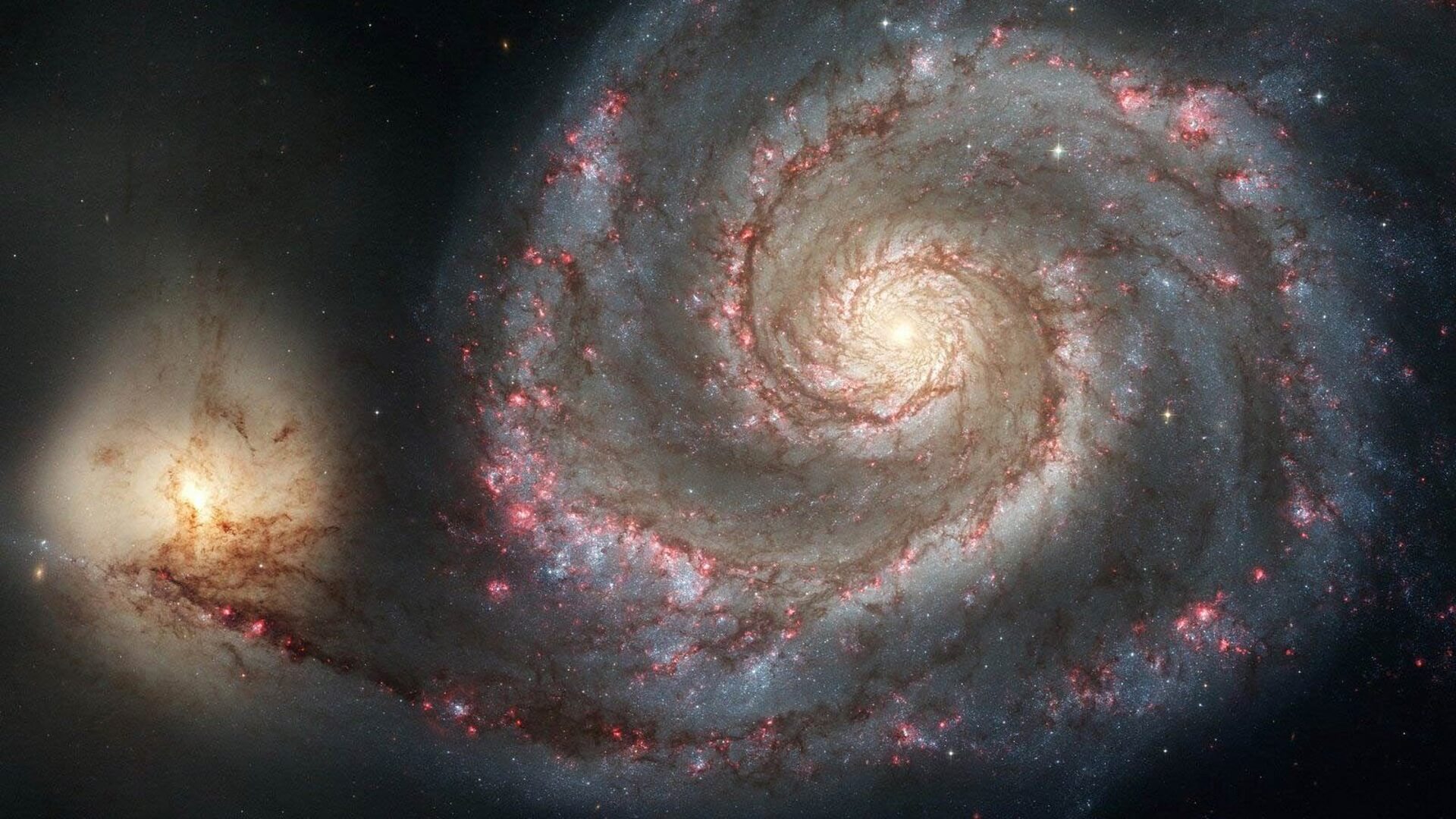
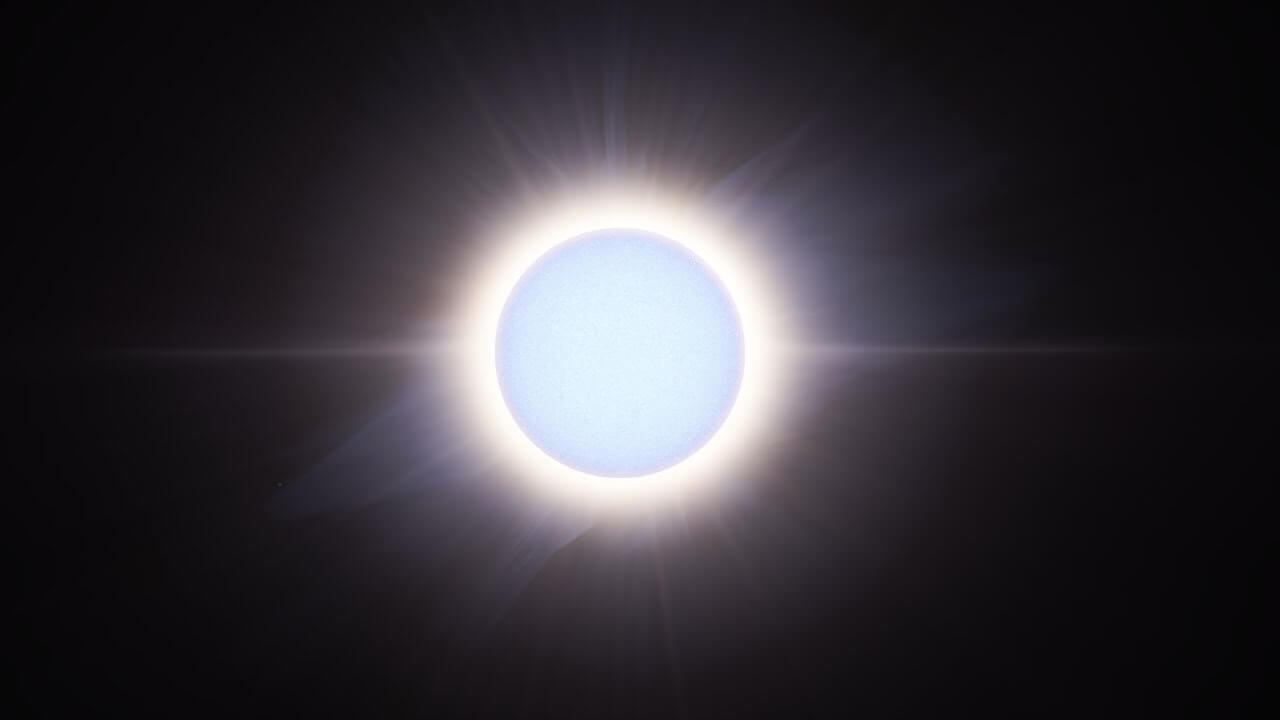
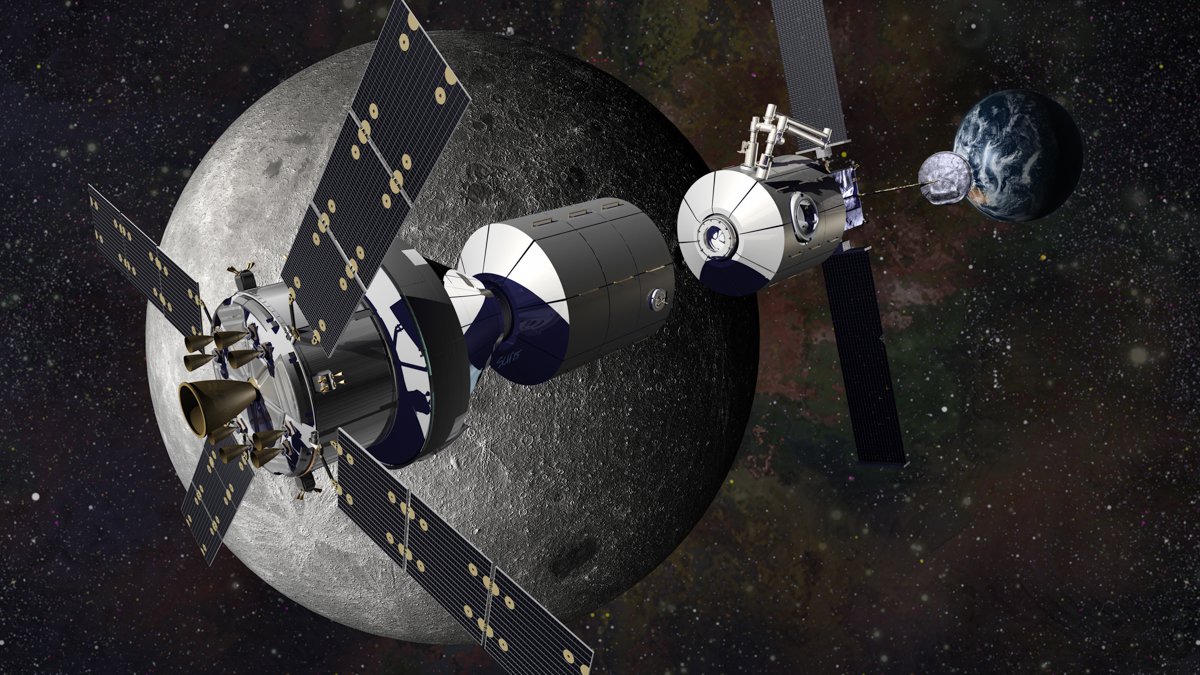
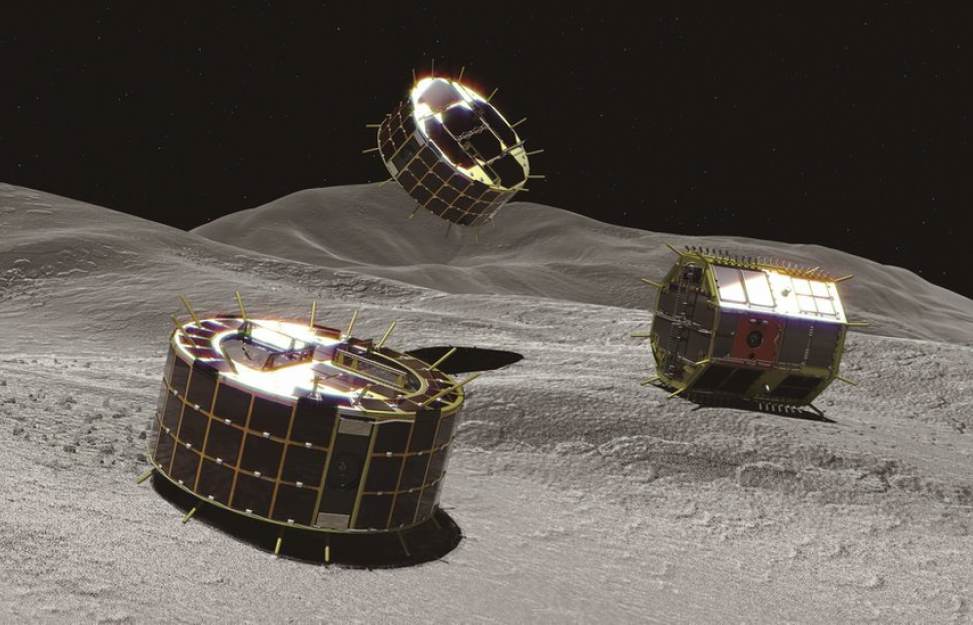
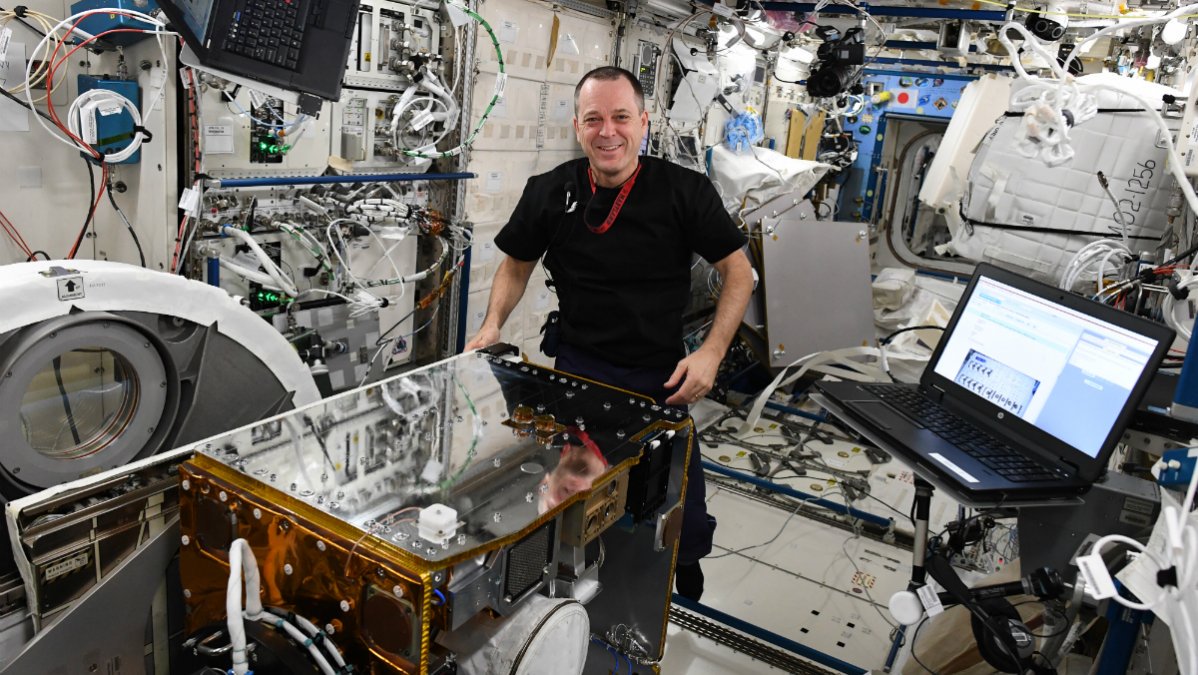
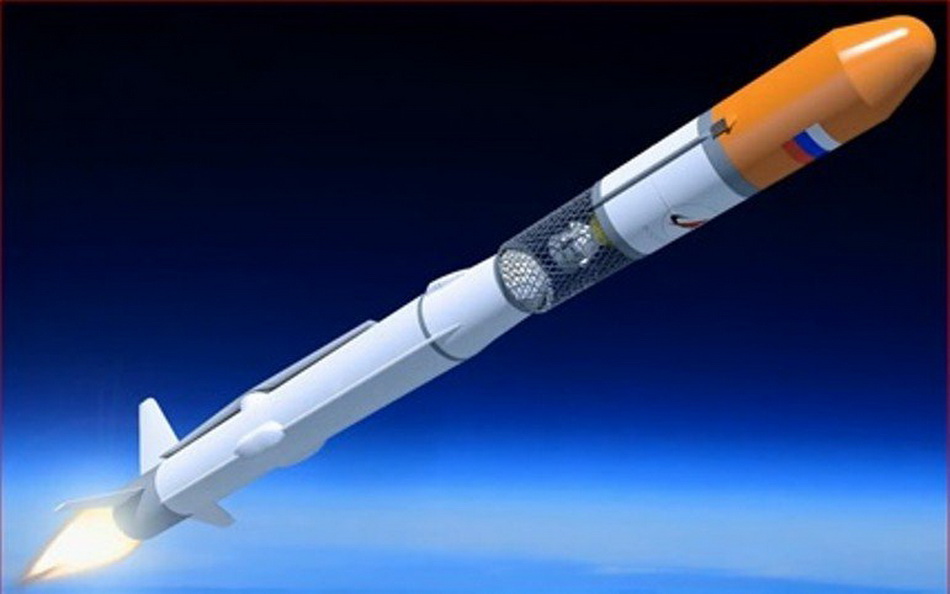
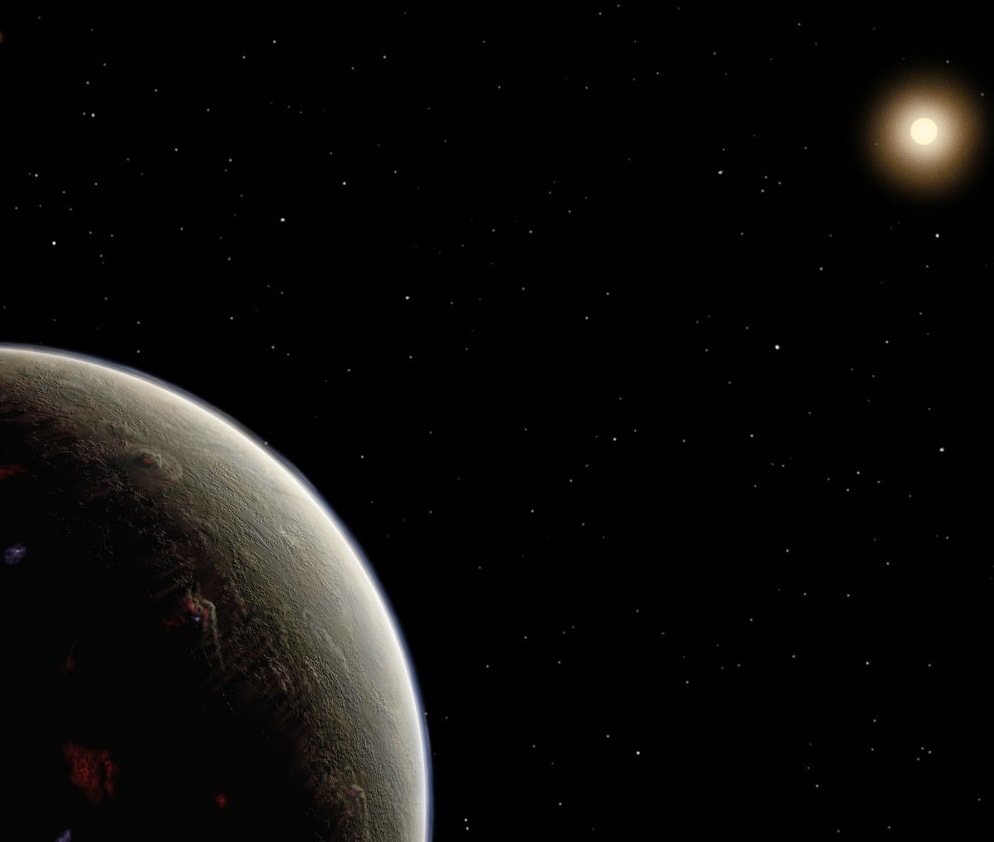
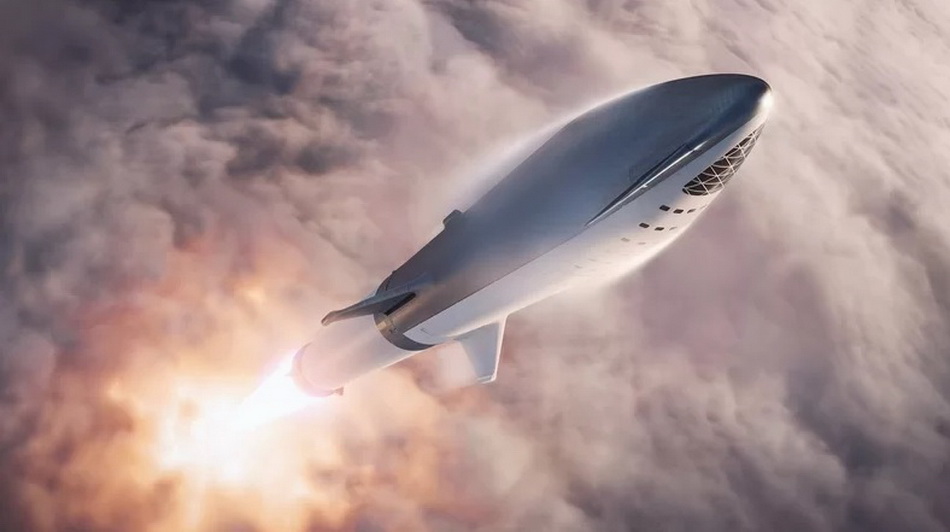
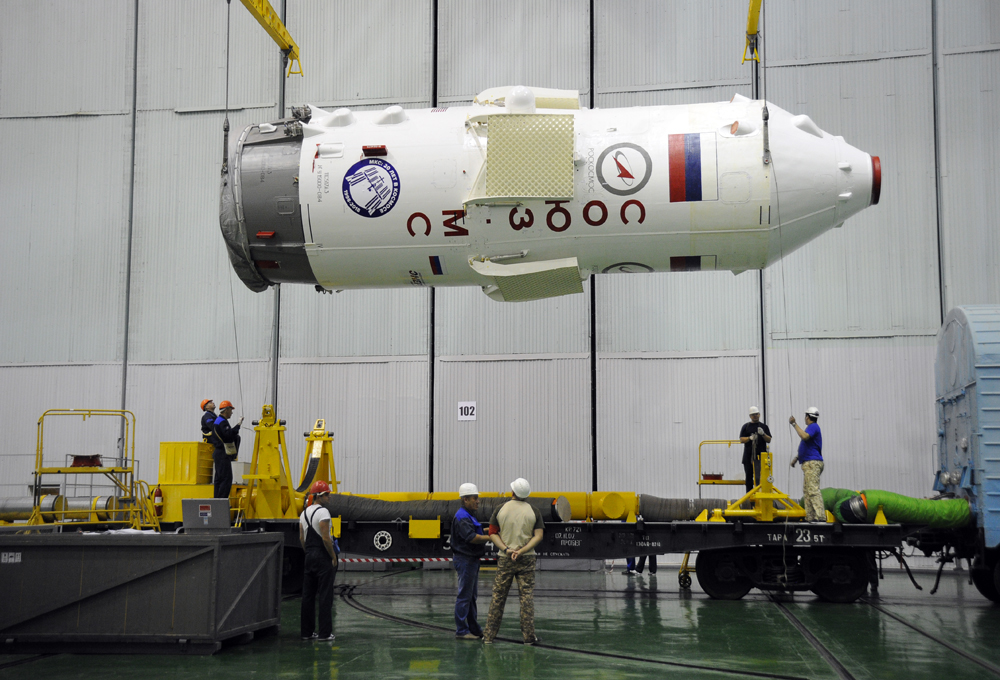
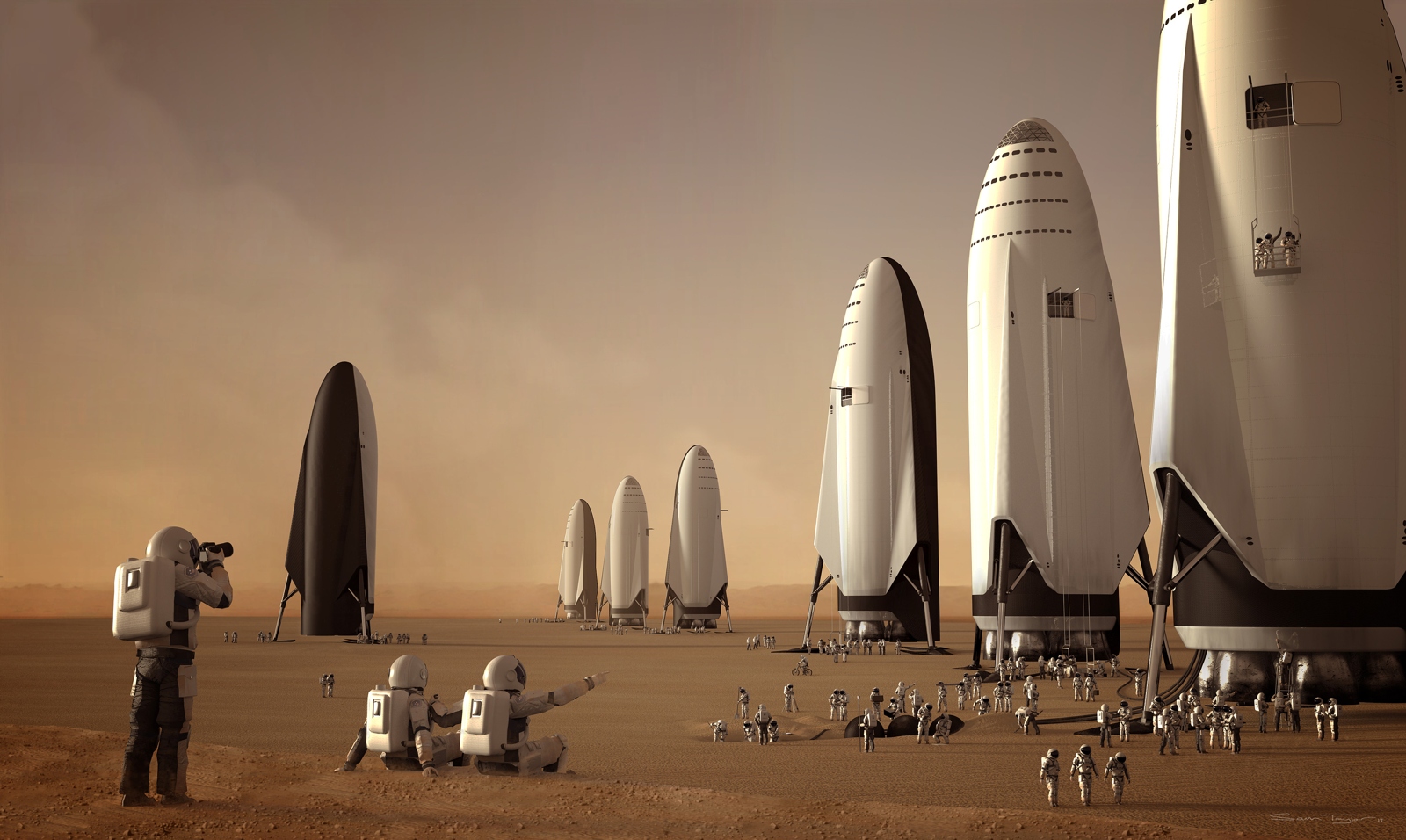
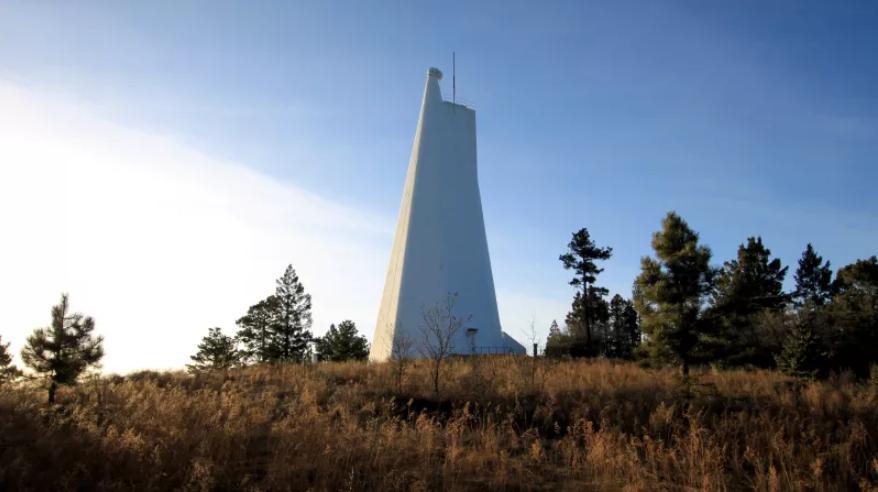
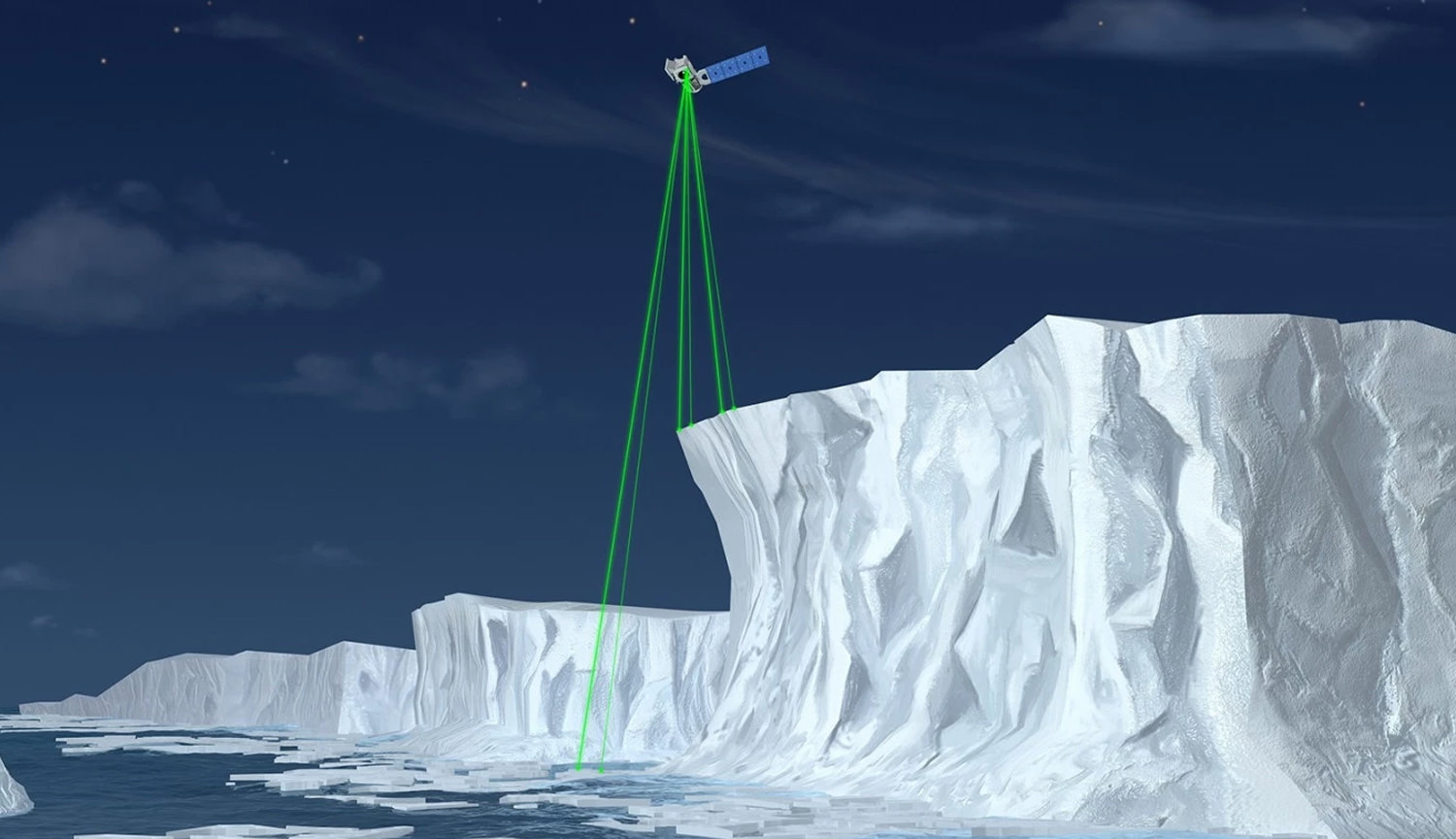
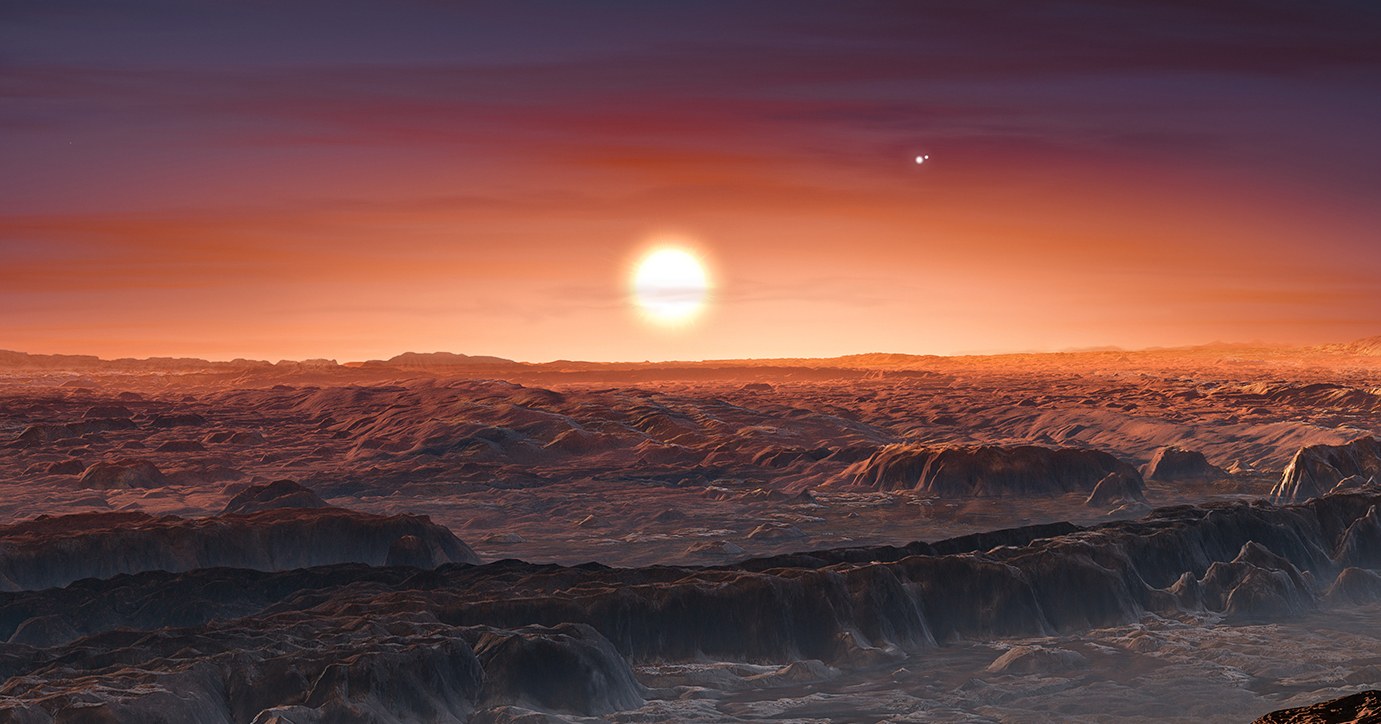
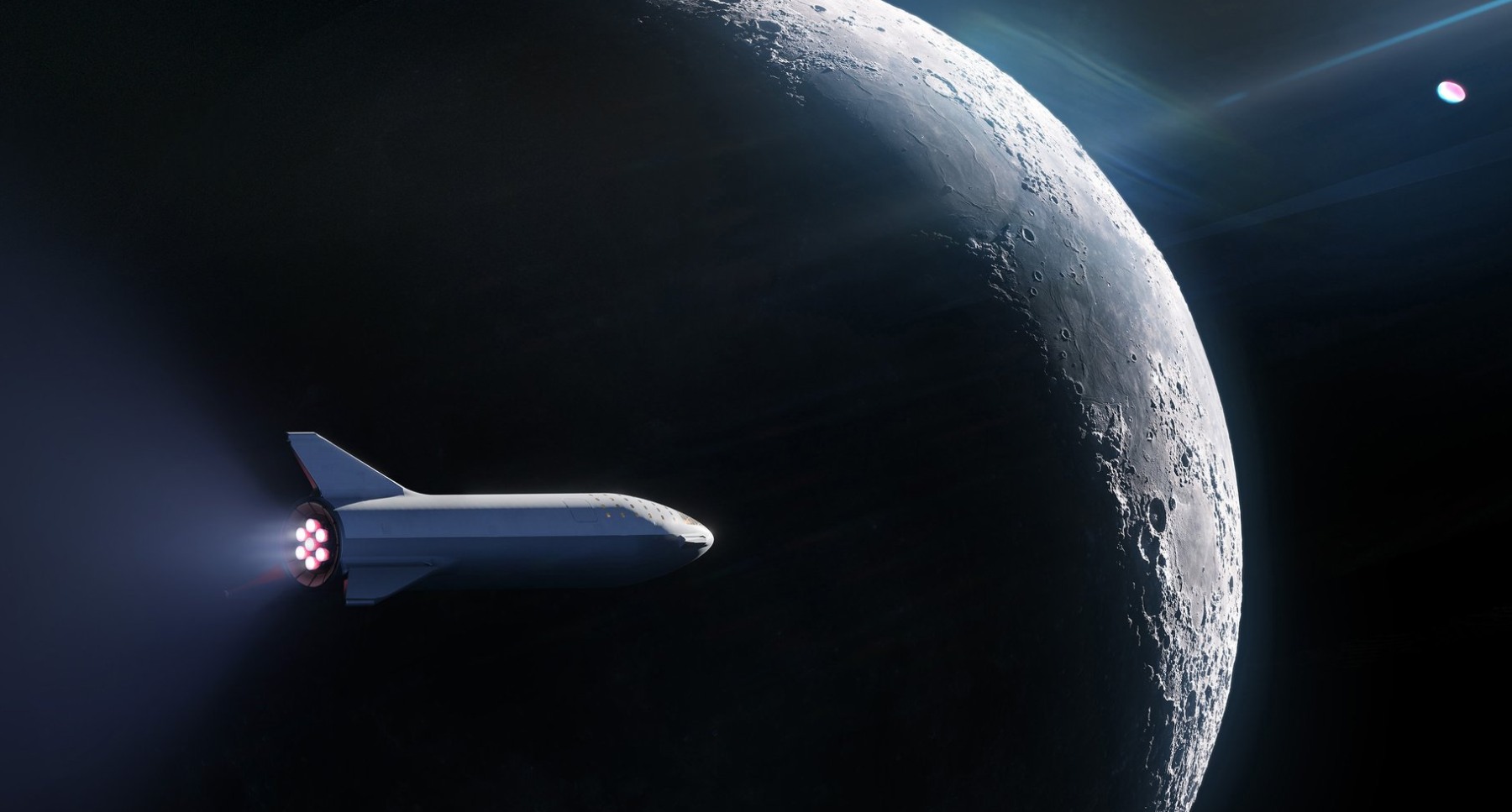
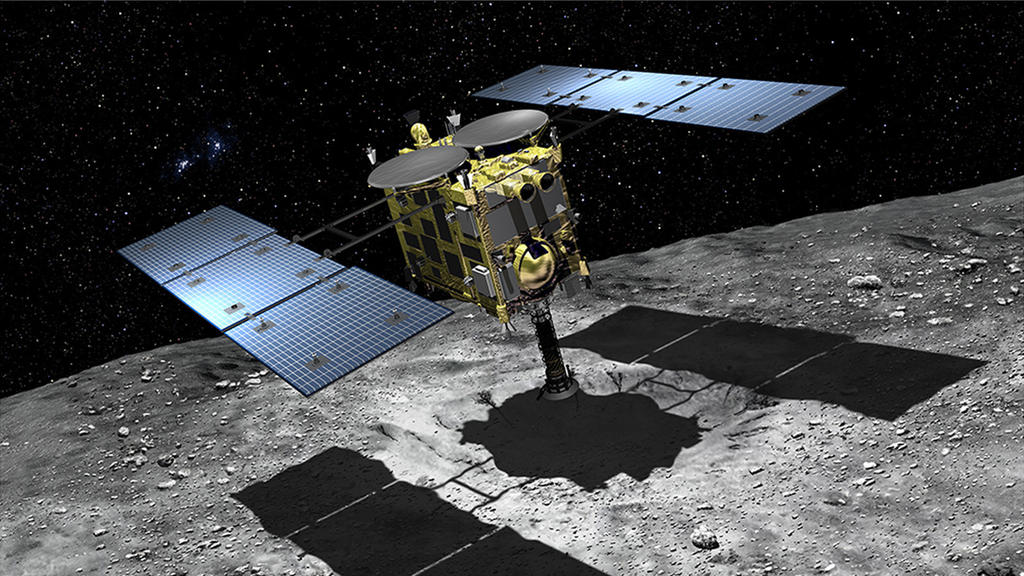

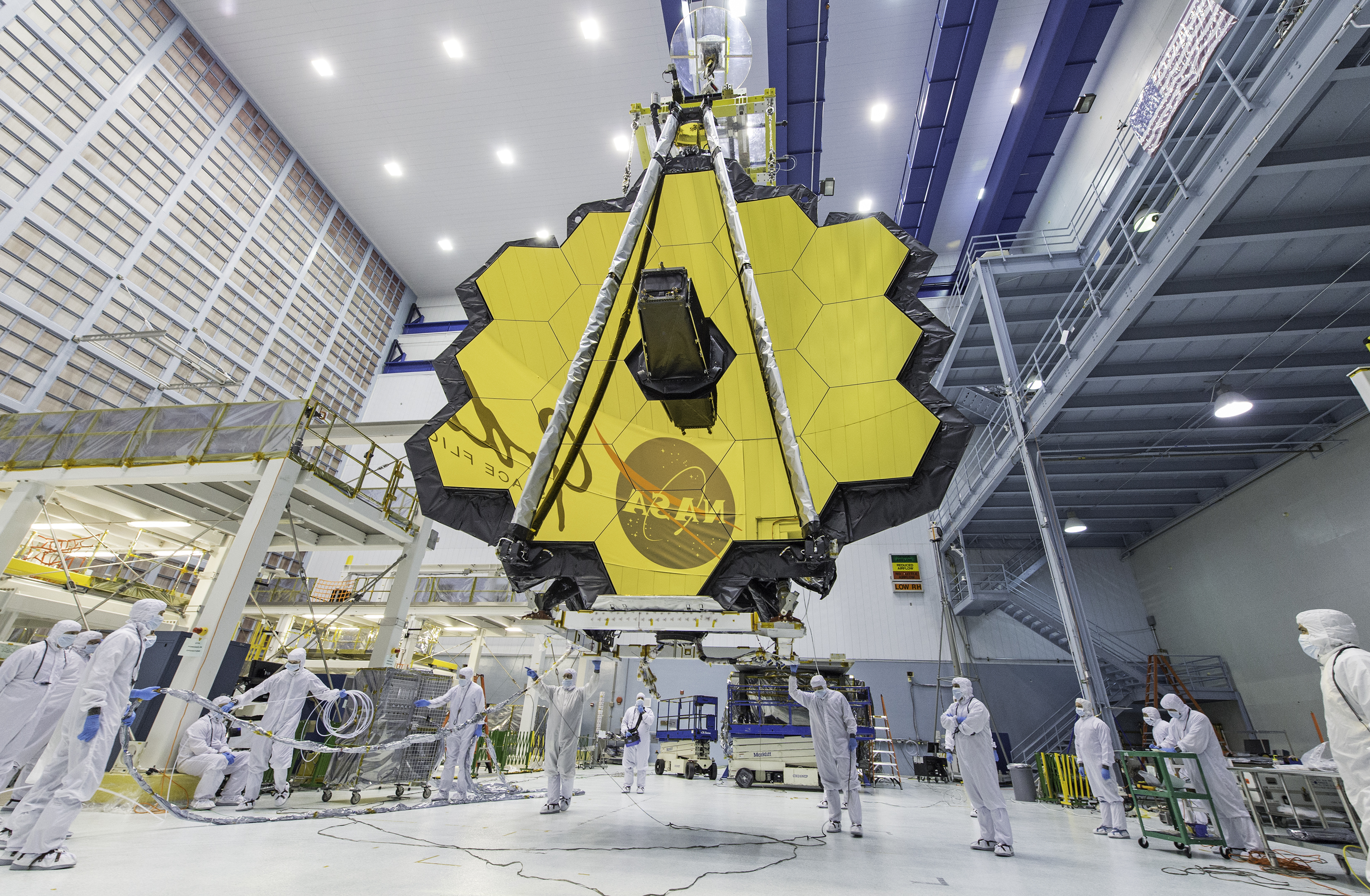
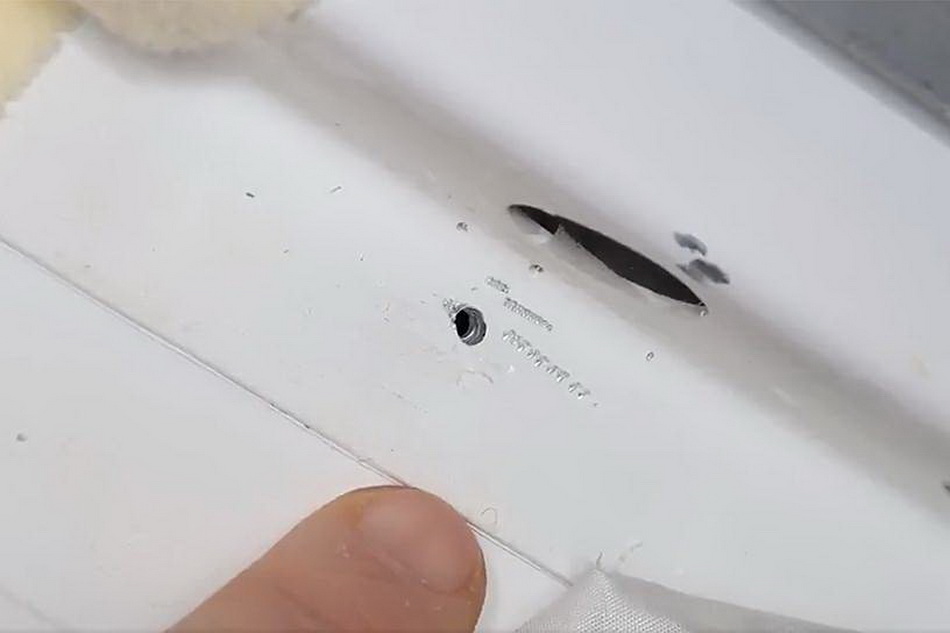
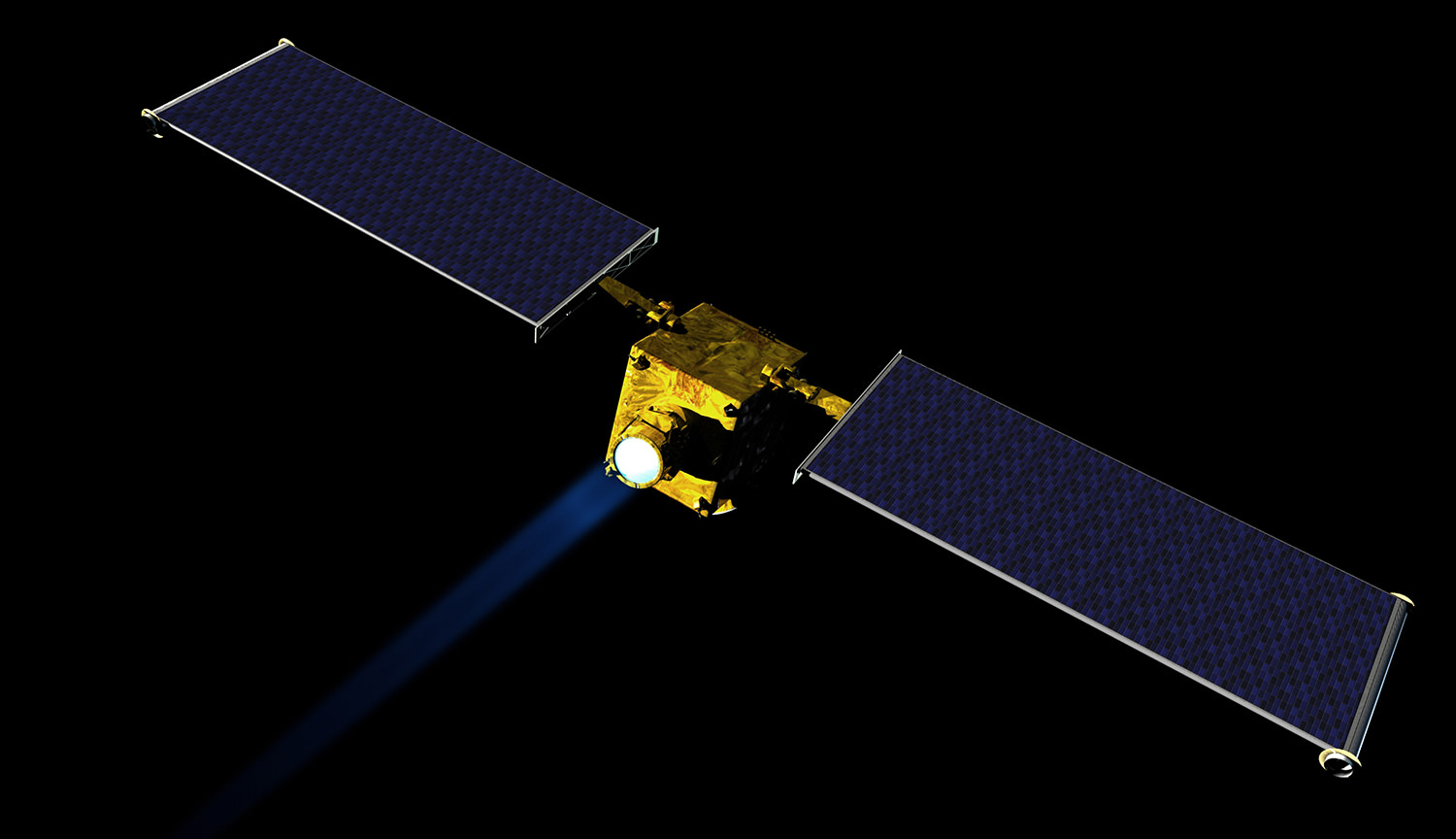
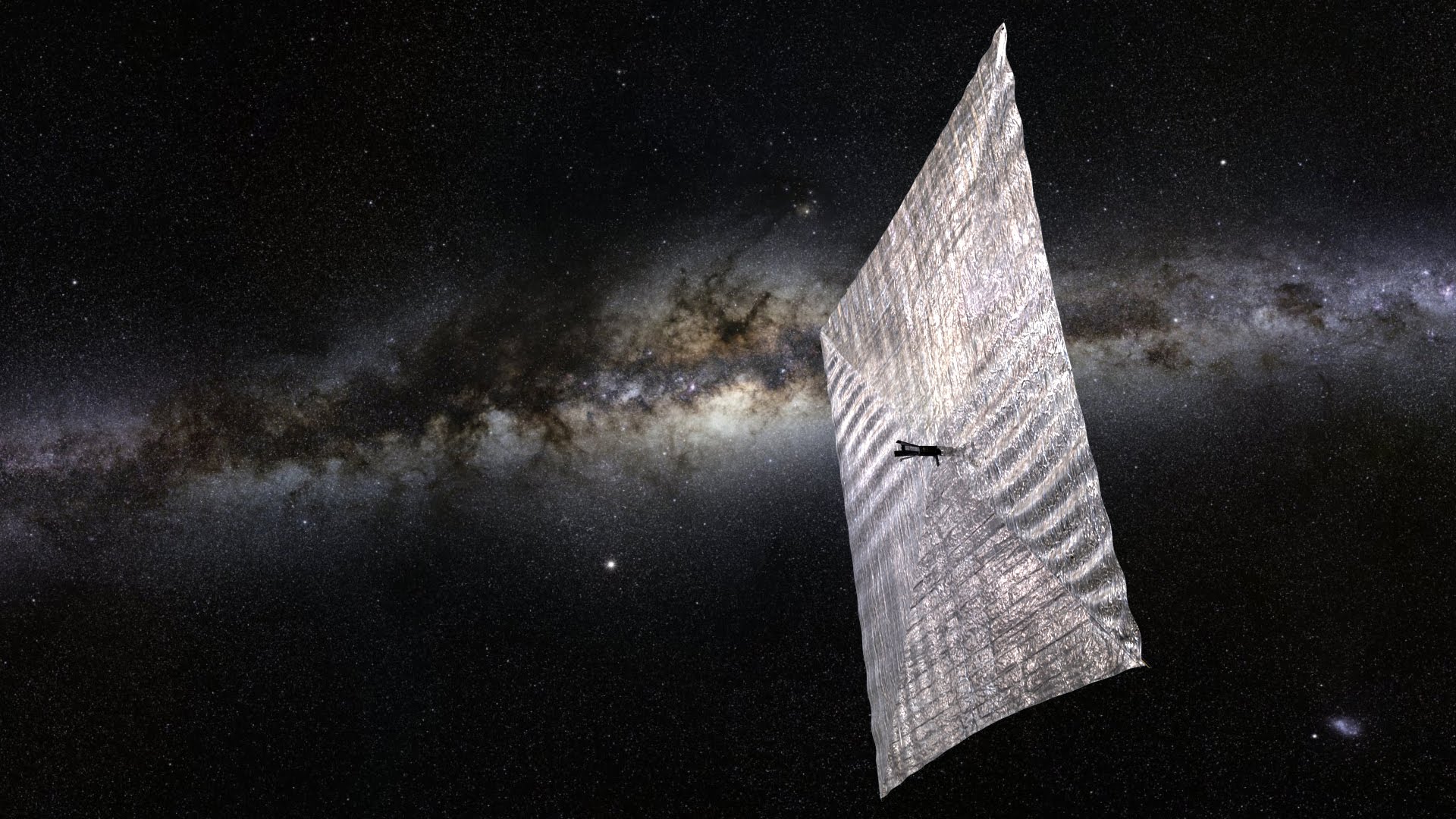

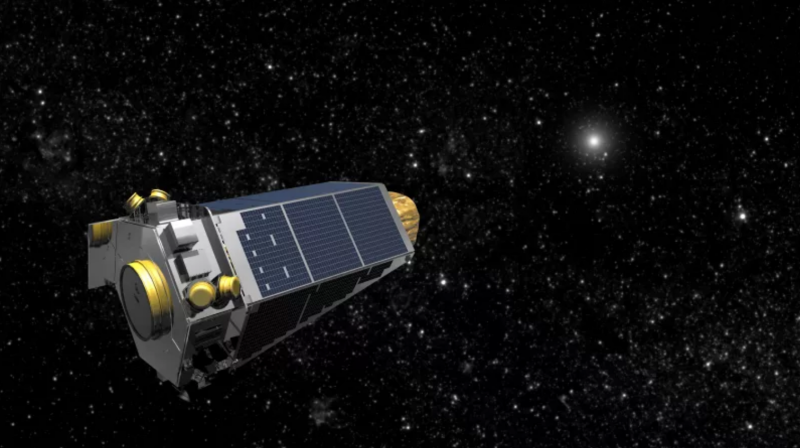
Comments (0)
This article has no comment, be the first!